Introduction Symposium Psoriasis Series
Speaker
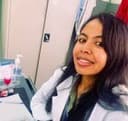
Mendrika Fifaliana Rakotoarisaona
Madagascar
Mendrika Fifaliana Rakotoarisaona graduated from the University of Antananarivo, Madagascar, in 2022. She is a mentee in the GLODERM Mentorship Programme 2023-2024. Mendrika gained practical experience through internships at the Department of Dermatology University Hospital Joseph Raseta Befalatanana, Antananarivo, Madagascar, and the Department of Dermatology Nord FrancheComté Hospital, Trevenans, France. She actively participates in organisations like SOMADER, SPIM, ADF, ISAD, SFMTSI, Africaderm, ISD, and leads data collection in PASSION Dermatology. She is an author of 20 articles, sharing her expertise with the dermatological community. Her research’s interests are skin NTDs (especially leprosy, deep mycosis, scabies), teledermatology.
Source event
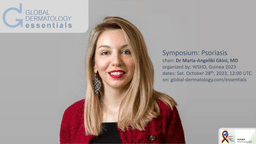
GLOBAL DERMATOLOGY ESSENTIALS: Psoriasis
Introducing the Event on Psoriasis at the end of October. The session will be chaired by Dr. Maria-Angeliki GKINI (UK / Greece)
We are pleased to announce an upcoming event focused on psoriasis, a chronic inflammatory dermatosis that affects millions of people worldwide. This event aims to bring together experts and researchers in the field of dermatology to discuss the latest advancements and research on psoriasis.
Psoriasis is a challenging condition that significantly impacts patients' quality of life. Over the years, traditional treatments have evolved to target specific inflammatory loops involved in psoriasis, such as anti-TNFalpha, anti-IL-17, IL-23, and small molecules like Aprémilast. The development of small molecules has opened new possibilities for effective and convenient treatment options.
During this event, renowned speakers and experts will present their insights on various aspects of psoriasis. The presentations will cover a wide range of topics, including general pustular psoriasis, current guidelines, and future treatments. Additionally, the event will focus on the role of teledermatology in the diagnosis and therapy of psoriasis, as well as the cardiovascular comorbidities associated with the condition.
Prof. Ahmed Samaouel CHEHAD MD from Algeria will provide an introduction to psoriasis and the importance of small molecules in its treatment.
Prof. Adam REICH MD, PhD from Poland will discuss the current guidelines and future treatments for general pustular psoriasis, shedding light on the promising role of anti-Interleukin-36 (IL-36) therapy. Dr. Maria-Angeliki GKINI from Switzerland will share valuable insights into the use of teledermatology in the diagnosis and therapy of psoriasis, highlighting its benefits in improving access to care.
Prof. Tiago TORRES MD, PhD from Portugal will delve into the relationship between psoriasis and cardiovascular comorbidities, exploring the potential of biological therapy in managing both skin symptoms and cardiovascular risk factors.
These presentations will provide attendees with a comprehensive understanding of psoriasis and its treatment options, focusing on the role of small molecules and other innovative approaches. The event will offer a unique opportunity for researchers, dermatologists, and healthcare professionals to exchange knowledge, discuss advancements, and foster collaborations in the field of psoriasis.
Please mark your calendars for the end of October to join us at this informative and enlightening event. Stay tuned for further updates on the event schedule and registration details.
Similar videos
Source event Program
GLOBAL DERMATOLOGY ESSENTIALS: Psoriasis
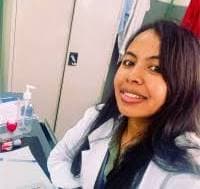
Introduction Symposium Psoriasis Series

General pustular psoriasis: current guidelines and future treatments

QnA General pustular psoriasis: current guidelines and future treatments

Artificial Intelligence and Psoriatic disease
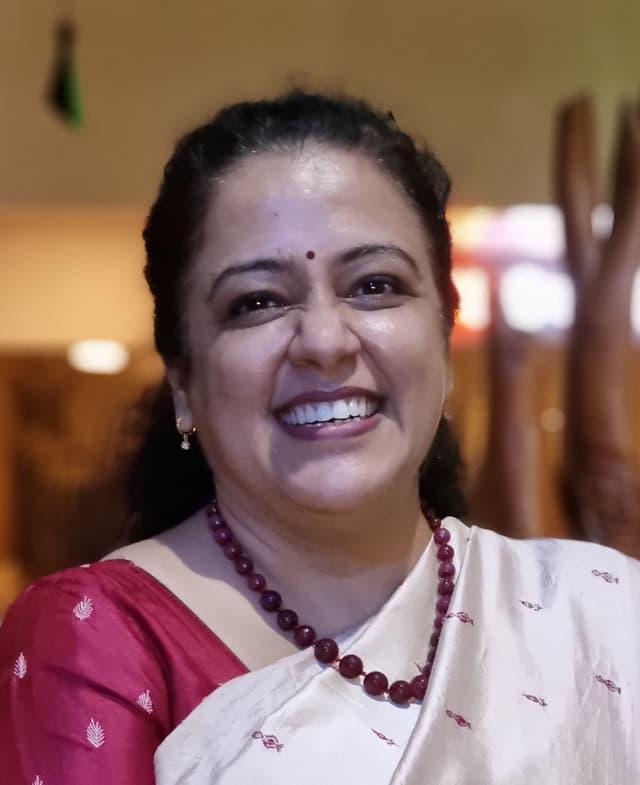
Nail Psoriasis

QnA Nail Psoriasis

Cardiovascular comorbidities and psoriasis

QnA Cardiovascular comorbidities and psoriasis

Interest in small molecules in psoriasis (Intérêt des Small molécules dans le psoriasis)

QnA Interest in small molecules in psoriasis

Closing Comments Essential Series Psoriasis
Might interest you
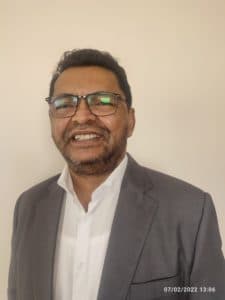
Cutaneous Medicine: Multidisciplinary Approaches in Dermatology
Chair: Prof. Fahafahantsoa Rapelanoro Rabenja,
This course explores the intersection of dermatology with other medical specialties, emphasizing a collaborative approach to diagnosing and managing complex skin disorders. It covers a wide range of topics, including dermatopathology, rheumatology, oncology, and infectious diseases, highlighting how systemic conditions manifest cutaneously. With contributions from experts in various fields, the text provides comprehensive insights into multidisciplinary care, advanced diagnostic techniques, and innovative treatments. Ideal for dermatologists, internists, and specialists, it bridges gaps between disciplines to improve patient outcomes in cutaneous medicine.

Pigmentation
Chair: Dr Seemal Desai, MD, FAAD
Hyperpigmentation is excess skin color from melanin. Understand melanin synthesis mechanisms and main causes.
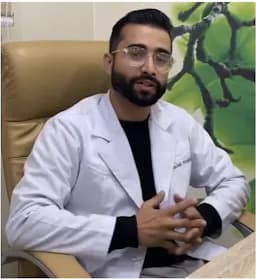
Neglected Tropical Skin Diseases
Chair: Dr. Prajwal Pudasaini, MD
Neglected tropical skin diseases affect poor populations in tropical areas. They include leprosy, mycetoma, and cutaneous leishmaniasis, causing disability and stigma. They receive little attention and resources, leading to poor diagnosis and treatment. Increased awareness and improved healthcare access are needed to help affected communities.
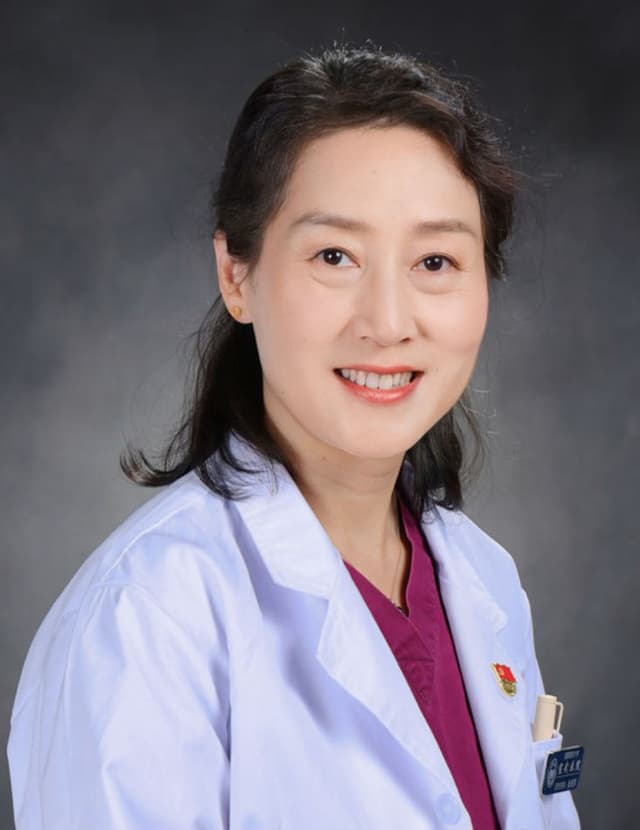
Acne Treatment in China
Chair: Prof. Haiping Zhang, PhD
Acne treatment in China combines traditional methods with modern practices.
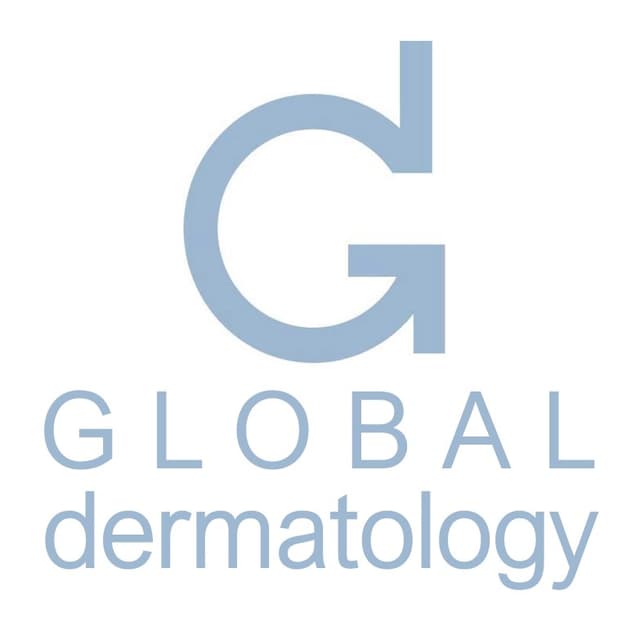
Cyspera Medical Education
Chair: Global Dermatology,
Cyspera® is a topical pigment-correcting treatment formulated with cysteamine, a naturally occurring compound that reduces the appearance of persistent hyperpigmentation, including melasma, post-inflammatory hyperpigmentation, and lentigines. It is known for being non-hydroquinone, suitable for long-term use, and effective on all skin types.

Topographic Dermoscopy
Chair: Prof. Awatef Kelati, MD
Topographic dermoscopy refers to the region-specific application of dermoscopic examination, emphasizing the unique morphological patterns found across different anatomical sites. On facial skin, the dermoscopic assessment requires recognizing patterns influenced by the high density of pilosebaceous units and sun-induced changes, often presenting pseudonetworks and annular-granular structures. The ear, with its thin skin and sebaceous gland concentration, reveals specific vascular and follicular clues important in distinguishing benign from malignant lesions.
On the chest and back, where the skin is thicker and sun exposure varies, dermoscopy must account for irregular pigment distribution and architectural disorder, especially in large nevi or early melanomas. Limb lesions may show distinctive features due to mechanical friction, hair density, and vascular variations, demanding precise interpretation to identify atypical nevi or skin cancers.
Palmar and plantar dermoscopy highlights the parallel ridge pattern critical for melanoma diagnosis, contrasting with benign acral patterns like the parallel furrow or lattice-like structures. Scalp and hair disorders benefit from trichoscopy, where dermoscopic evaluation reveals specific signs such as yellow dots, broken hairs, or black dots, aiding in the diagnosis of alopecia areata, androgenetic alopecia, or tinea capitis.
In nail disorders, onychoscopy enables visualization of melanonychia, hemorrhages, and nail matrix changes, crucial for distinguishing subungual melanoma from benign causes like trauma or fungal infection. Mucosal dermoscopy, though technically challenging, provides diagnostic clues in pigmented lesions of the lips, genitalia, or oral mucosa, requiring adaptation to moist, non-keratinized surfaces.
Finally, ultraviolet dermoscopy reveals a unique application: scabies mites fluorescing bright green under UV light, enhancing detection when traditional visualization fails. Topographic dermoscopy thus demands both anatomical knowledge and technical adaptation to maximize diagnostic accuracy across diverse body sites.
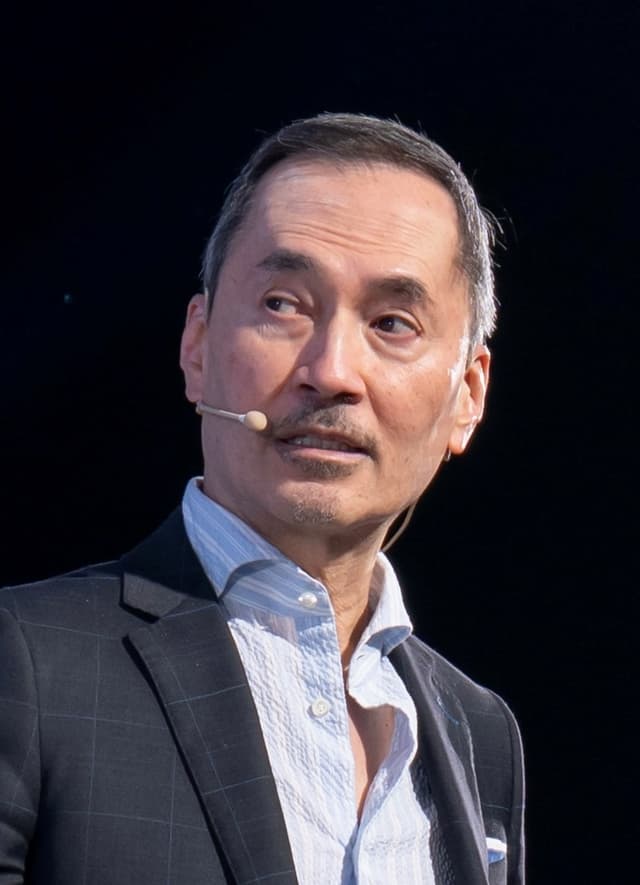
ACNE
Chair: Dr. Jerry Tan, MD
The ACNE | Education Series, led by Dr. Jerry Tan, is a comprehensive global medical education initiative designed to enhance the understanding and skills of dermatologists and healthcare practitioners regarding acne. Participants will gain insights from leading international experts on the latest advancements in acne research, innovative treatment options, and patient-centered care approaches. The event features interactive discussions, live Q&A sessions, and evidence-based strategies, all at no cost. The esteemed faculty includes specialists from the USA, Italy, France, the UK, Singapore, Greece, Australia, Canada, and Germany. This is a valuable opportunity to improve clinical competencies and stay updated on current acne management practices.
Attendees will acquire up-to-date knowledge on acne pathophysiology, new therapeutic options, and patient-oriented management strategies to optimize clinical outcomes in acne treatment. The session will also provide practical insights through expert-led discussions and evidence-based approaches.
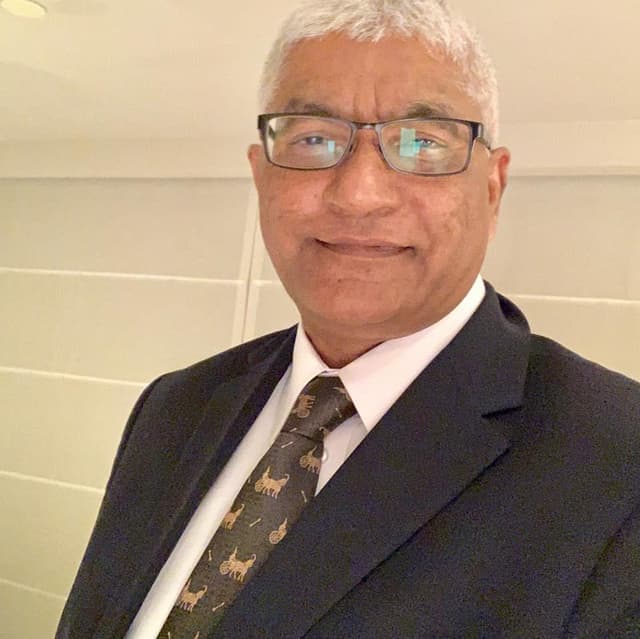
Psychodermatology
Chair: Prof Mohammad Jafferany, MD
This specialized course explores the vital intersection between dermatology and mental health, equipping clinicians with the knowledge and tools to manage psychodermatological conditions effectively. Through a blend of theoretical knowledge and practical application, participants will learn to diagnose and treat dermatological delusional disorders, identify psychiatric comorbidities in skin disease patients, and implement mental health strategies for chronic dermatoses. The curriculum also examines psychological factors in cosmetic dermatology and provides cutting-edge screening techniques for body dysmorphic disorder, including modern digital manifestations like Zoom dysmorphia. Adopting a patient-centered approach, the course emphasizes multidisciplinary management of conditions where psychological and dermatological factors interact. Participants will gain expertise in recognizing psychiatric components of skin diseases, addressing the emotional
burden of chronic conditions, and applying ethical principles in cosmetic practice. The training combines expert instruction with case-based learning to bridge theory and clinical practice. Designed for dermatologists, psychiatrists, psychologists, and primary care providers, this program enhances clinicians' ability to deliver holistic care that addresses both the visible and invisible aspects of skin disorders. Upon completion, practitioners will be better prepared to manage complex psychodermatological cases while improving patient outcomes through integrated mind-skin healthcare.

Tropical Dermatology and Neglected Tropical Dermatoses
Chair: Prof. Fahafahantsoa Rapelanoro Rabenja,
Dermatological diseases, particularly neglected tropical diseases (NTDs) with skin manifestations like deep mycosis (chromoblastomycosis, sporotrichosis, mycetoma), scabies, leprosy, lymphatic filariasis, and cutaneous leishmaniasis, pose major challenges for healthcare systems in resource-limited regions of Africa, Asia, and Latin America. These conditions severely affect vulnerable populations, suffering from frequent underdiagnosis and inadequate treatment that exacerbates suffering. Diseases such as atopic dermatitis are also under consideration for inclusion as skin NTDs through collaborative efforts involving ISAD, ASDV, and WHO. Furthermore, albinism, highly prevalent in sub-Saharan Africa, presents significant social challenges including stigmatization and occult beliefs. Despite these complex difficulties, the field is undergoing a historic transformation driven by science and technology, particularly artificial intelligence (AI), which offers tangible tools for improving diagnosis, treatment, and prevention. The participation of global experts facilitates vital knowledge exchange, exploration of innovative solutions, and helps address critical shortages of human and material resources in remote areas.
Learning Objective:
Understand the complex challenges posed by dermatological diseases, especially skin NTDs and conditions like albinism, in resource-limited settings, and recognize the critical role of global collaboration, technological innovation (particularly AI), and expert knowledge exchange in developing solutions to improve diagnosis, treatment, prevention, and resource allocation.

Dermoscopy
Chair: Prof Awatef Kelati, MD
This comprehensive dermoscopy course provides dermatologists and healthcare professionals with essential skills in skin lesion evaluation, covering fundamental principles through advanced diagnostic applications across five key areas: global dermoscopy practices, pigmented lesion analysis (including differentiation of benign and malignant patterns), specialized techniques for skin of color, skin cancer detection (melanoma and non-melanoma), and general dermatological conditions (inflammatory, infectious, and hair/nail disorders). Participants will develop proficiency in recognizing diagnostic patterns, adapting techniques for diverse skin types, and applying dermoscopic algorithms, ultimately enhancing their clinical accuracy through a combination of theoretical knowledge and practical case-based learning. The course emphasizes real-world application, addressing both common and challenging scenarios in dermatological practice.
